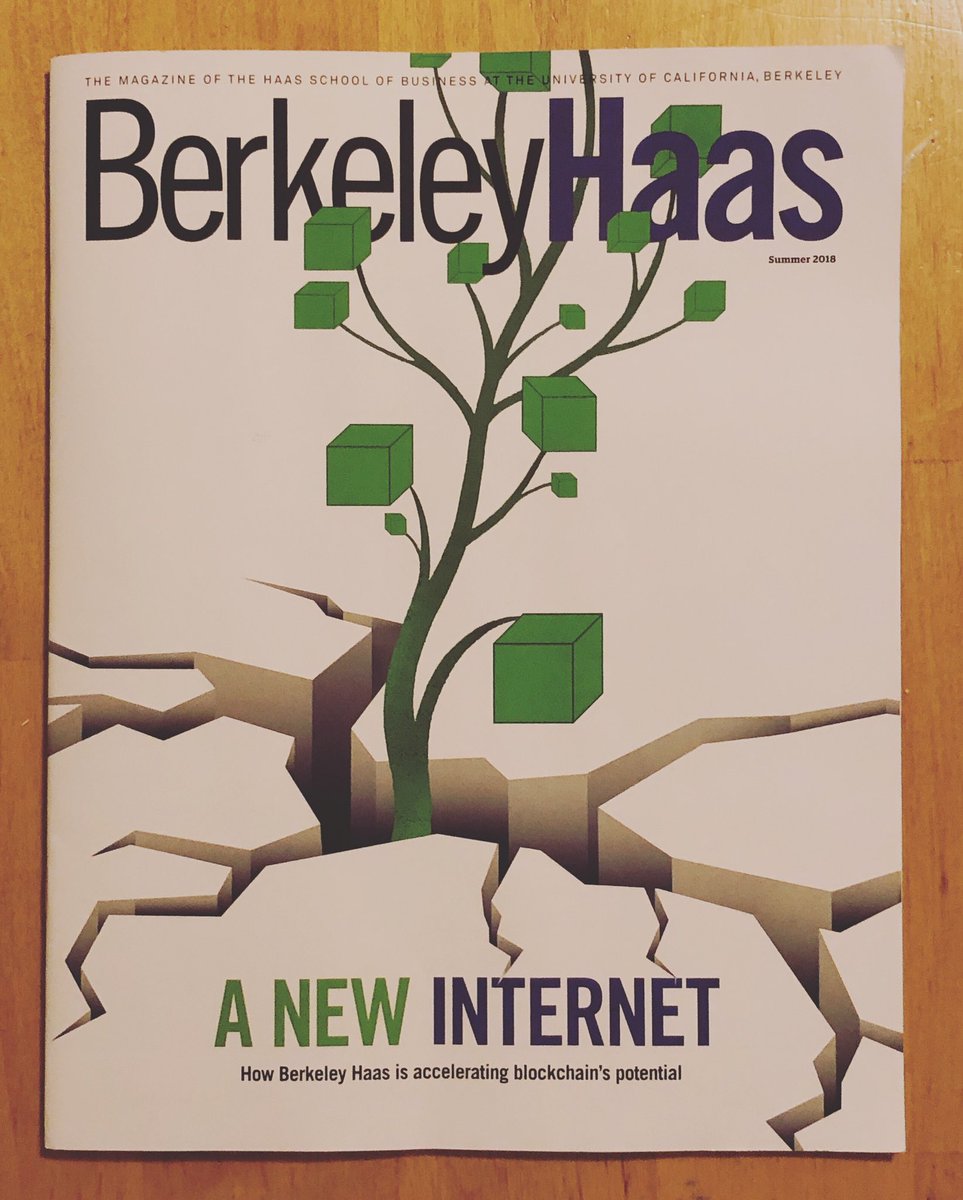1/ In the early 2000s, @ideo pioneered a process for venture development referred to as the "3 Circles" of Desirability, Viability & Feasibility (ideou.com/blogs/inspirat…). #crypto has a long way to go across all, but right now it is really struggling with the first: Desirability.
https://twitter.com/ercwl/status/1033816350958014469
2/ Desirability is the question of "Do people want it?" and asks, what is the unique value proposition? How do people hear about, learn, try, buy, use, love, and share it? What are its functional but also emotional benefits? How is it 10x better than the current user experience?
3/ Iterating to product-market fit requires testing & ultimately proving at each stage of development that all three are true (it's desirable, feasible & viable) and work together. In the early stages of a venture, this means building evidence that they will be true in the future 

4/ Technical (feasibility) & cryptoeconomic (viability) experiments are worthwhile, but if we want crypto to succeed & have value (short & long term), far more effort, discipline & talent needs to be put into & towards understanding users and adoption experiments (desirability)
5/ It starts by answering what *should* vs. what could. *Should* (not could) it be decentralized? *Should* (not could) it have a token? *Should* (not could) it be built? Right now, there is too much focus in #crypto on what could vs. what should.
6/ It's also about creating things that are 10x better experiences for people. That presupposes the team has a detailed understanding of 3 things: (i) the user, (ii) existing experiences, & (iii) how their solution is 10x better. Unfortunately many #crypto projects have none.
7/ In the startup world, there is a saying that founders should "make painkillers, not vitamins." Many people (and therefore parts of the world) cannot live without painkillers, but most people don't take vitamins & live just fine. Too many #crypto projects today are vitamins.
8/ Finally, it's also about crypto projects doing things and ulitizing practices that have been proven and refined over decades by successful entrepreneurs in the non-crypto startup world. Such as...
9/ User research. Get out of the basement, lab, tower, and into the world with real people and not only listen to what they say but more importantly *watch what they do.* People will say they love and want what you're making & never buy or use it. Actions speak louder than words.
10/ Shipping the Minimum Viable Product (or in crypto's case, Minimum Viable Platform or Protocol). Your first users to build and prove adoption should be the extreme edges & early adopters. Too many crypto projects are trying to jump too fast to mainstream users and use cases. 

11/ Rapid A/B Testing, Iteration & Pivoting. Since when did it become a thing to write a 200-pg paper about a thing, raise a decade of capital to build the thing, take a decade to build & ship that untested thing, then shut down that thing when it doesn't work (vs pivot earlier)?
12/ User Experience Journey Mapping. This involves mapping the end-to-end user experience (incl. today's solutions, interdependencies & painpoints) and figuring out exactly *Where to Play* (hint: not everywhere). To get big, crypto projects ironically need think smaller.
13/ User Growth Metrics (like CAC, Drop-Off, DAU, Retention, Viral Coefficient, LTV, etc). The act of thinking about the right metrics in the beginning help founders ask the right questions and design solutions for the right users and core needs (vs "build it and they will use").
• • •
Missing some Tweet in this thread? You can try to
force a refresh





